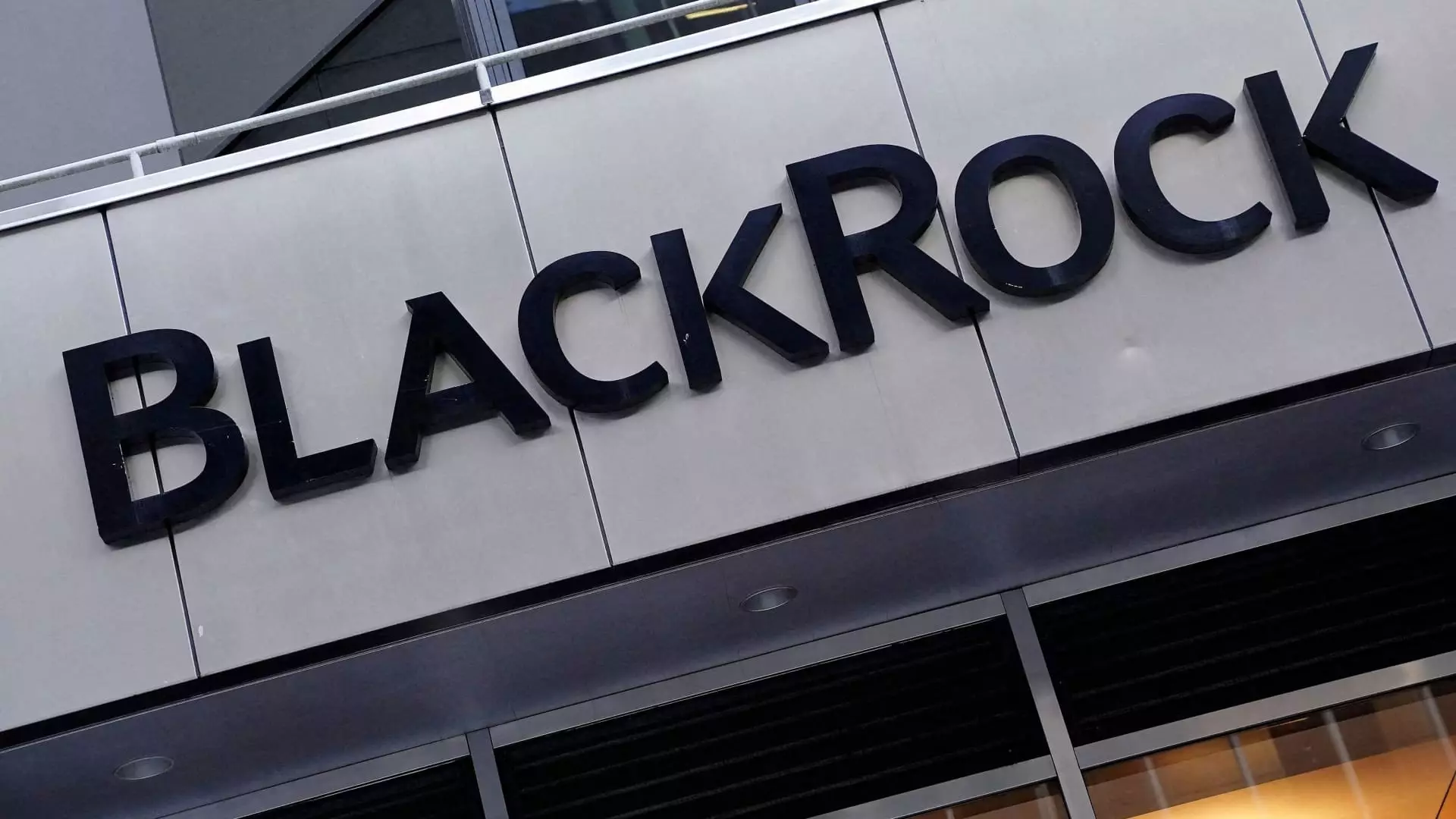BlackRock’s recent venture into the realm of tokenized money market funds marks a significant milestone in the intersection of traditional finance and blockchain technology. The USD Institutional Digital Liquidity Fund, known as BUIDL, has expanded its availability beyond Ethereum to several other prominent blockchains such as Aptos, Arbitrum, Avalanche, Optimism, and Polygon. Originally launched in March 2023 on Ethereum, this move underscores BlackRock’s strategy to tap into the burgeoning market for blockchain-based financial products, offering innovative investment opportunities that appeal to a diversifying investor base.
Tokenizing “real-world assets” such as fiat currencies, commodities, and other traditional investments is a growing trend within decentralized finance (DeFi). BlackRock’s push in this direction illustrates a broader acceptance of blockchain’s potential to revolutionize financial transactions. With institutions traditionally cautious about cryptocurrencies, the appeal lies in the inherent efficiencies and transparency offered by blockchain technology, which could significantly enhance asset management capabilities. Robert Mitchnick, BlackRock’s head of digital assets, highlighted the intriguing juxtaposition between traditional finance and crypto, suggesting that the convergence of these two worlds will eventually yield a more robust financial infrastructure.
At the core of the BUIDL fund is Securitize, a key player in the tokenization of real-world assets. This strategic collaboration not only leverages Securitize’s expertise but also reflects BlackRock’s commitment to innovative asset management solutions. By implementing tokenization in their fund, BlackRock ensures that its investors can engage in a modern financial ecosystem, characterized by improved liquidity and greater accessibility in transactions. The collaborative relationship with Securitize could set a precedent for how major financial players approach digital asset management, reinforcing the importance of partnerships in navigating this complex terrain.
BlackRock’s announcement came against the backdrop of a week-long rally in the cryptocurrency market, following Donald Trump’s electoral victory. The rise in tokens like Polygon’s, which reportedly increased by 28%, indicates a renewed investor interest coinciding with potential shifts in regulatory paradigms. Trump’s campaign promises to create a more favorable regulatory environment for crypto could signal significant changes for institutional investments in this sector. The juxtaposition of previous regulatory approaches under the Biden administration, which involved stringent oversight through the SEC, adds layers of complexity to the market dynamics.
Despite its growth, the DeFi sector still encounters significant hurdles, particularly around regulatory uncertainties. Legal classifications of certain DeFi tokens as securities have emerged from SEC actions against major platforms like Binance and Coinbase, contributing to a hesitant landscape for future investment. For BlackRock and similar entities, navigating these regulatory waters will require a careful balance of innovation and compliance. However, as the dialogue around cryptocurrency evolves and regulatory frameworks solidify, the potential for expansion in tokenized assets looks promising. The future may hold a transformative period for finance, where the advantages of both traditional and digital ecosystems coalesce to create a more inclusive financial environment.
BlackRock’s move into the tokenized fund space represents a critical step towards bridging gaps between conventional finance and blockchain technology, setting the stage for an evolving investment landscape characterized by increased integration and regulatory clarity. As investors seek innovative avenues for yield generation, the implications of such advancements can shape the industry for years to come, forging a pathway for other financial institutions to follow suit.

